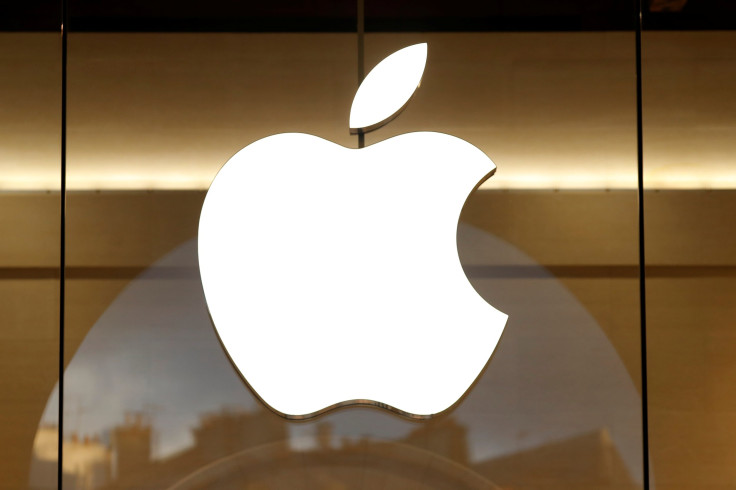Appeals Court Judge Says Users Can Sue Apple for Monopolizing iPhone App Market

iPhone app buyers may sue Apple over claims the company monopolized the market for iPhone apps by not letting individuals buy them outside the App Store, a U.S. Appeals Court in California ruled Thursday, according to Reuters.
The decision revives a 2013 ruling that dismissed a lawsuit by a group of iPhone users targeted against Apple’s app store monopoly, claiming it led to anti-competitiveness and therefore higher prices on products.
The Cupertino company argued the users did not have grounds to sue because they bought apps from developers, meaning developers set the prices instead of Apple.
Developers hand over 30 percent of their earnings to Apple in exchange for the right to sell in the App Store, according to the San Francisco Gate. The group taking action against Apple says the commission have cost consumers hundreds of millions of dollars. The plaintiffs are looking to dismiss the commissions or allows developers to sell their products outside the App Store. The ruling would cover all apps sold between 2008, the year the App Store was launched, through 2013.
A lower court previously favored Apple, but Judge William A. Fletcher from the 9th U.S. Circuit Court of Appeals decided that iPhone users purchase apps directly from Apple, which gives individuals the right to file motions against the tech company. The decisions did not address the solidity of iPhone users’ claims against Apple.
An attorney for the group against Apple said the goal of the lawsuit is to let people purchase iPhone apps where they choose to.
Mark C. Rifkin, attorney for the plaintiffs, told Reuters, “the obvious solution is to compel Apple to let people shop for applications wherever they want, which would open the market and help lower prices.”
“The other alternative is for Apple to pay people damages for the higher than competitive prices they’ve had to pay historically because Apple has utilized its monopoly,” added Rifkin.
© Copyright IBTimes 2024. All rights reserved.











